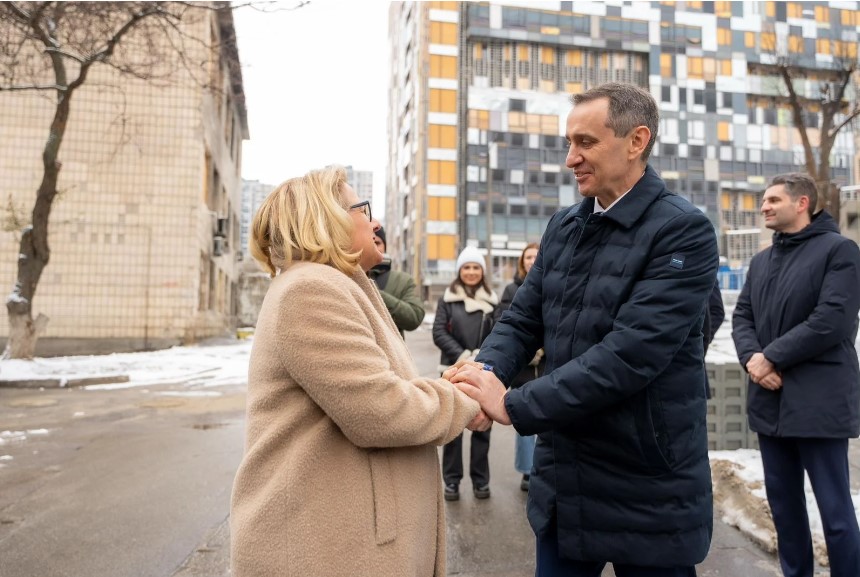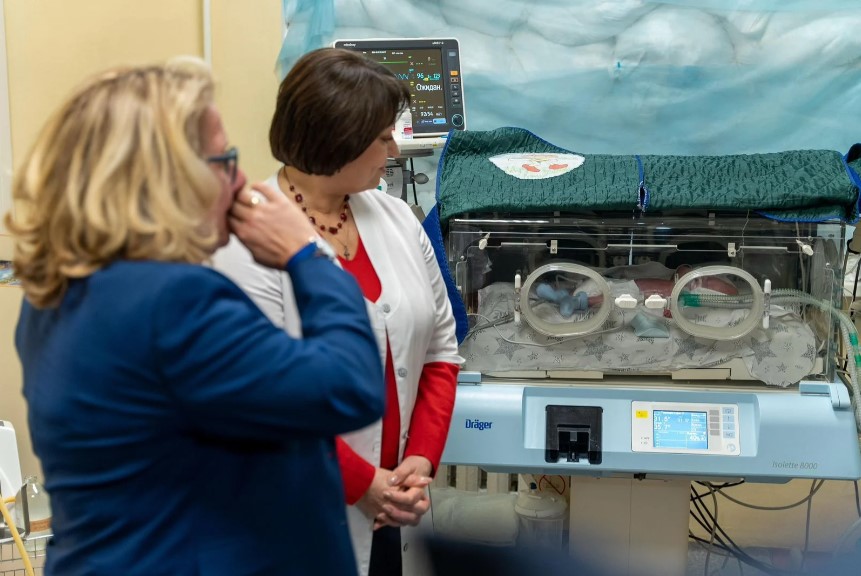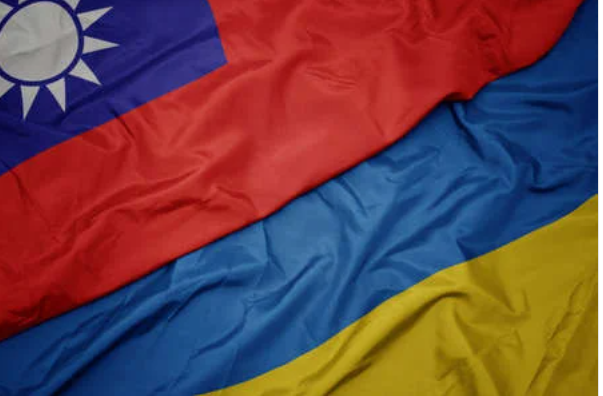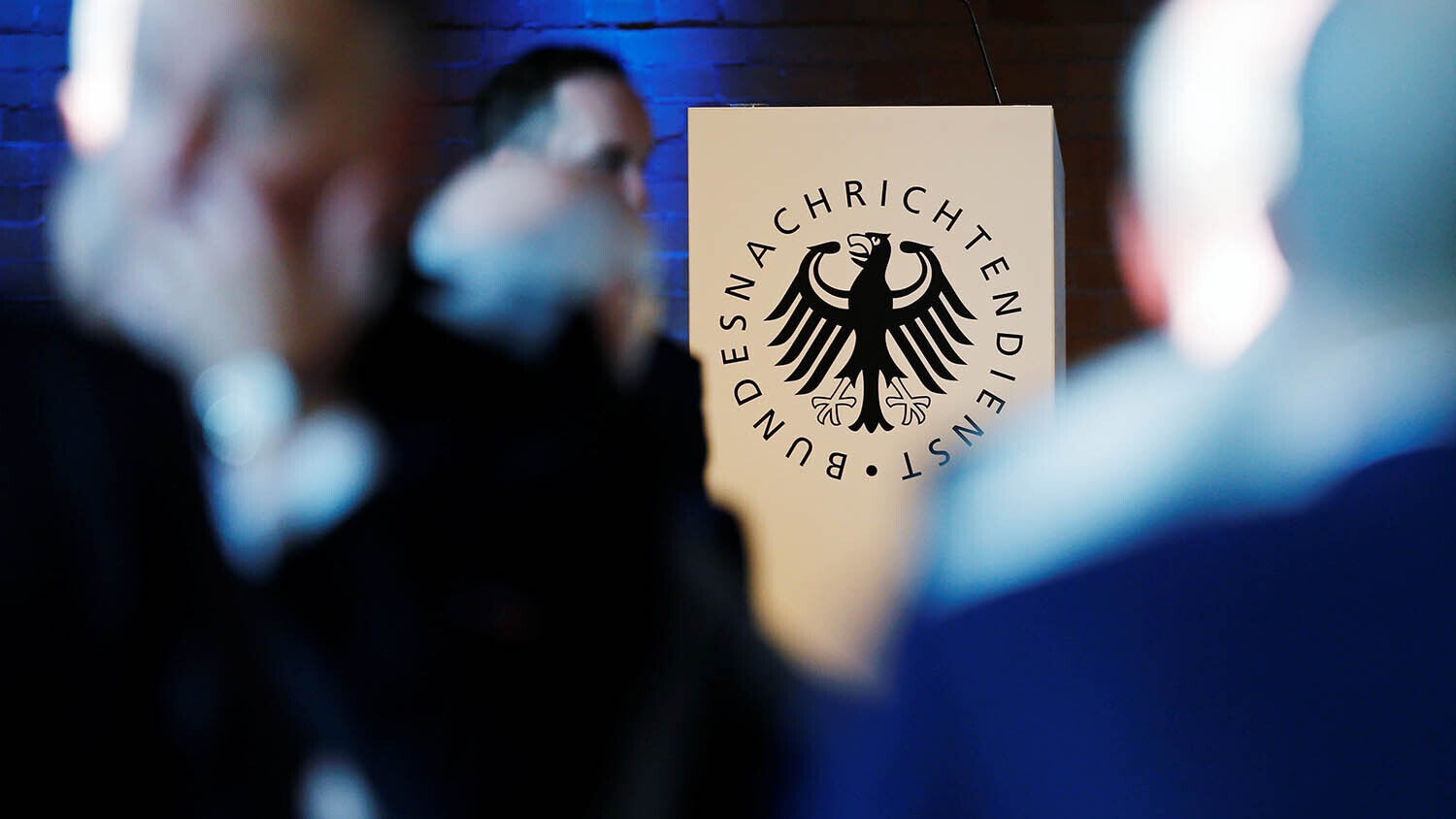The Minister of Health of Ukraine Viktor Lyashko, together with the German Minister for Economic Cooperation and Development Svenja Schulze, visited the largest National Specialized Children's Hospital Okhmatdyt, which suffered significant damage due to a Russian terrorist attack in early July this year.
The Ukrainian-German delegation toured the destroyed and damaged hospital buildings and reviewed the progress of the reconstruction work being carried out by the German Society for International Cooperation (GIZ) within the framework of the "Special Programme for Supporting Ukraine / EU4ResilientRegions," in accordance with a signed cooperation memorandum, funded by the German government.
"Despite the consequences and damage from the Russian shelling of the country's largest children's hospital—Okhmatdyt—we have managed to create conditions where children with the most complex diseases continue to receive vital specialized medical care. Over 500 patients are treated daily at Okhmatdyt, and more than 40 surgeries are performed. Since the missile attack, the hospital has provided medical care to over 5,000 children, with doctors carrying out about 3,000 operations," said Minister of Health Viktor Lyashko. "Today, thanks to our partners, including the signed memorandum between the Ministry of Health of Ukraine, Okhmatdyt, and GIZ, restoration works are underway at the facility. As part of the cooperation, a number of comprehensive repairs will be carried out in various hospital areas, specialized medical equipment for treating young patients will be purchased, and the energy independence of the medical facility will be strengthened."

According to the cooperation memorandum, comprehensive work is planned to repair certain rooms in the Okhmatdyt hospital's existing infrastructure. This includes rooms on the second floor of the outpatient dialysis department, the manipulation room on the fourth floor of the outpatient department, the first-floor rooms of the neonatal intensive care unit in building №11-A, and the renovation of part of the kitchen area serving food to patients, their parents, and hospital staff. In total, over 700 people are served.
Additionally, more than 250 units of modern medical equipment and consumables will be purchased. The hospital will receive equipment for planned and acute hemodialysis, for the manipulation room, and for the neonatal intensive care unit and third-floor intensive care unit for preterm newborns.
Powerful solar stations will also be installed on the roofs of three hospital buildings, along with emergency power sources and a separate battery pack to reduce reliance on the electrical grid and enhance the hospital's energy independence. Several hybrid stations of varying capacities and energy storage systems will be included. As part of the cooperation, two medical elevators will replace regular ones.
With the hospital's restoration, access to specialized medical services for young patients from all over Ukraine will improve.

During the visit, the Ukrainian-German delegation also visited the Scientific and Practical Medical Center of Pediatric Cardiology and Cardiac Surgery of the Ministry of Health of Ukraine. This medical facility was also damaged in the Russian missile attack on July 8. Restoration works are currently underway at the Cardiology and Cardiac Surgery Center.
During the visit to Okhmatdyt, Minister of Health Viktor Lyashko expressed gratitude to the German Minister for Economic Cooperation and Development Svenja Schulze for Germany's strong support of Ukraine during this challenging time. The Minister of Health noted that since the early days of the full-scale war, Germany has been one of the most active countries in providing assistance to Ukraine and to Ukrainian citizens affected by the war, including humanitarian aid, medical equipment for hospitals, the restoration of medical facilities, and the medical evacuation of injured Ukrainians.





















